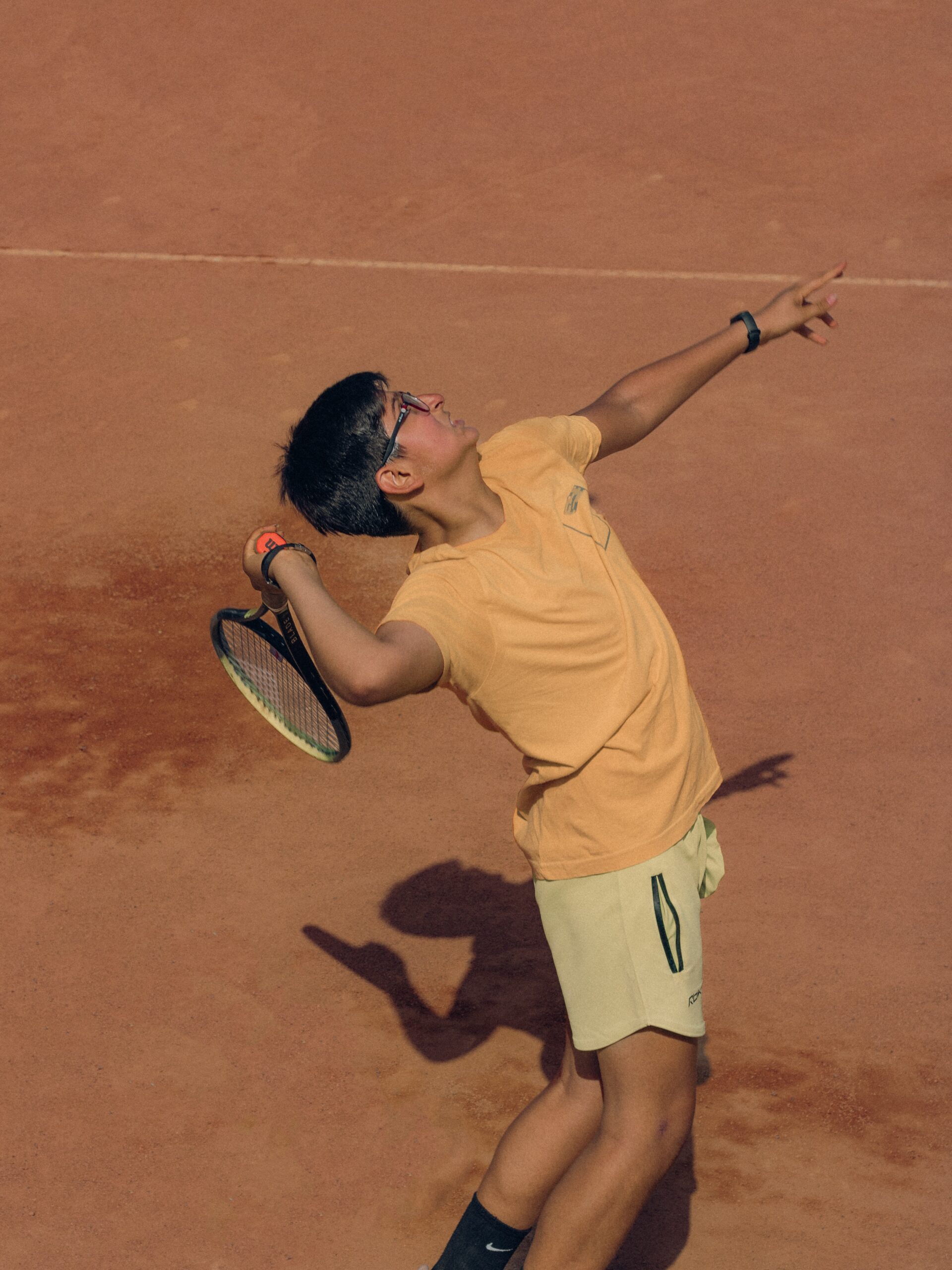I. Introduction
A. Importance of tennis in a child’s development
Tennis is a sport that offers a myriad of physical, mental, and social benefits for children. From building physical fitness to developing essential life skills, tennis plays a crucial role in a child’s holistic development. In this blog, we will delve into the significance of tennis in a child’s growth, highlighting the various aspects that make it an excellent choice for kids of all ages. Tennis is not just a game; it’s a powerful tool that can shape a child’s character and future.
Playing tennis helps children enhance their physical health. The sport requires a combination of agility, speed, coordination, and endurance. It promotes cardiovascular fitness, strengthens muscles, and improves hand-eye coordination. These physical benefits not only contribute to a child’s overall well-being but also set the foundation for a healthy lifestyle that can last a lifetime.
In addition to physical fitness, tennis fosters valuable mental attributes in children. It encourages focus, concentration, and strategic thinking. Through every serve, rally, and match, kids learn to make quick decisions, solve problems, and handle stress. These mental skills are not only useful on the tennis court but are also transferable to academics and other life challenges.
B. Role of parents in a child’s tennis journey
While tennis offers numerous advantages to children, parents play a vital role in nurturing and guiding their young athletes. Parents act as the primary support system for a child’s tennis journey, providing not only financial and logistical support but also emotional and motivational support.
Parents are responsible for creating a nurturing environment that encourages their child’s passion for tennis. This means ensuring access to training facilities, coaching, and equipment, and managing the child’s schedule to strike a balance between tennis and other aspects of their life. Moreover, parents must be actively engaged in their child’s progress, attending matches, cheering them on, and celebrating their achievements, no matter how small. The emotional support parents provide is essential in helping kids navigate the ups and downs of competitive sports.
In the blog, we will discuss the key responsibilities of parents in their child’s tennis journey, offer advice on how to strike a balance between support and pressure, and provide tips on fostering a positive and growth-oriented attitude towards the sport. The role of parents is crucial in determining whether a child’s tennis experience is a positive and enriching one or one fraught with stress and unrealistic expectations.
C. Purpose of the blog
The purpose of this blog is to shed light on the multifaceted importance of tennis in a child’s development and to offer guidance to parents on how to best support and nurture their child’s tennis journey. We aim to inform, inspire, and equip parents with the knowledge and tools necessary to help their children thrive in the world of tennis, whether they are aspiring professionals or simply seeking a fulfilling recreational experience.
Throughout the blog, we will explore the physical, mental, and social benefits of tennis for children, providing insights into how this sport can shape their character and set them on a path to success. Additionally, we will delve into the various aspects of a parent’s role in a child’s tennis journey, offering practical advice, and sharing stories and experiences from both parents and young tennis players. Ultimately, the goal is to help parents understand the significance of tennis in their child’s life and how to be the best possible advocates and supporters as their young athletes navigate the challenges and triumphs of the game.


